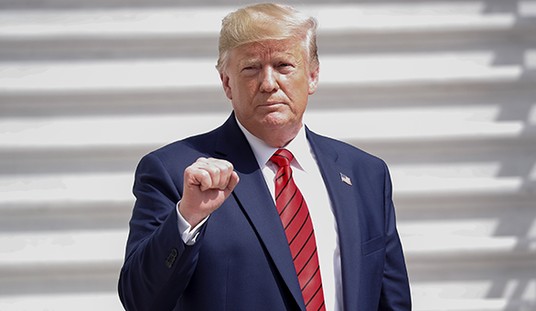Today, November 9, 2009, marks the twentieth anniversary of the fall of the Berlin Wall. Looking back, it is difficult not to feel a celebratory thrill: if the Berlin Wall was a sort of objective correlative of Communist tyranny — the perfect architectural summary of its soul-blighting aspirations — its dramatic fall seemed like a primaeval upsurge of freedom. Looking around us now, however, it is clear that our euphoria was premature, or at least that it must be sharply qualified. For although the fall of the Berlin Wall presaged the fall of the Soviet Empire a scant two years later, it did not, as was widely predicted, spell the end of the nightmare Communism constructed. Indeed, everywhere one looks, from Moscow to, alas, Washington the centralizing, socialist imperative is making a come back. An irony of history? No doubt. As I note in “Tyranny Set in Stone,” my contribution to a symposium on the subject in this month’s New Criterion,
The twentieth anniversary of the fall of the Berlin Wall provides an opportune moment to remind ourselves what was at stake in the Cold War — what still is at stake on the perpetual battleground of freedom. I know that sounds histrionic. But the fall of the Berlin Wall — the first act whose denouement was the collapse of the Soviet Union two years later — is a contemporary as well as a historical subject. That is to say, we have not written finis to that chapter of our moral history. It is not clear that we ever will. As Leszek Kolakowski, one of our greatest genealogists of Marxism, observed in 2002,
communism was not the crazy fantasy of a few fanatics, nor the result of human stupidity and baseness; it was a real, very real part of the history of the twentieth century, and we cannot understand this history of ours without understanding communism. We cannot get rid of this specter by saying it was just “human stupidity,” or “human corruptibility.” The specter is stronger than the spells we cast on it. It might come back to life.
As we look around the world today, a melancholy spectacle greets our gaze. The Soviet Union is no more, but a minatory if diminished Russia has taken its place. A possibly nuclear Iran. A confirmed nuclear North Korea and Pakistan. Preposterous anti-American strongmen like Hugo Chávez in Venezuela. An increasingly rampant threat of Islamofascism. The enemies of freedom and the West are more numerous than ever. It is here that the two deepest lessons of the Berlin Wall lie. First, that tyranny frankly confronted can be defeated. But, second, that the victory of freedom is never final: it must always be renewed not only through our willingness to acknowledge and struggle against evil, but also through a forthright proclamation of our own founding principles. It is this last requirement of freedom that seems most difficult for Western intellectuals. To quote Kolakowski once more, there is “one Great Cause that has persisted more or less intact throughout the past decades in the Leftist mentality: the loathing of democratic countries. Allegiances changed, but if there was something enduring in Leftist politics, it was this: in any conflict between a tyrannical and democratic country, the tyrants were right and democracy wrong.” One would have thought that the admonitory tale of the Berlin Wall would provide an incontrovertible disabusement. Alas, it is a lesson we have yet to absorb.
All of the essays from this special section of November’s New Criterion are freely available online. The other essays are:
“Citizens into Prisoners,” by Henry A. Kissinger
“Weak Will, High Wall,” by Donald Kagan
“Russia Before the Mirror,” by Jonathan Brent
“The Costs of Abstraction,” by Anthony Daniels









Join the conversation as a VIP Member